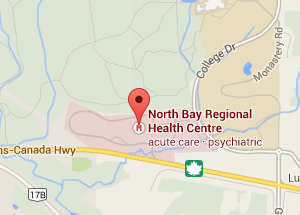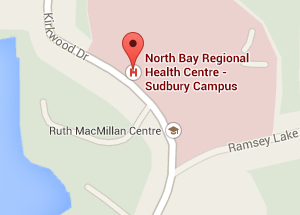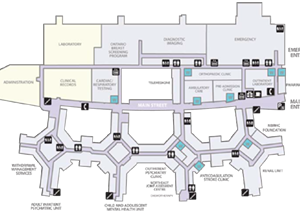Nipissing Early Psychosis Intervention (EPI) Program
What is Psychosis?
Psychosis is a treatable medical condition that affects the brain. People who experience symptoms of psychosis have trouble distinguishing between what is real and what is not real and have some loss of contact with reality.
Each person’s experience with psychosis is unique. Common symptoms of psychosis feel very real and include hallucinations, delusions (false beliefs), paranoia, or disorganized thoughts and speech.
Who gets Psychosis?
Psychosis can affect individuals of all cultural and socioeconomic backgrounds. Approximately 3% of people will experience a psychotic episode at some stage in their life, although a first episode usually occurs in adolescence or early adult life.
Benefits of Early Treatment
Treating psychosis as early as possible increases the likelihood of a full recovery and reduces the risk of relapse or hospitalization. Early intervention allows individuals to continue working towards current and future goals and enjoy satisfying relationships with family and friends.
What Does the EPI Program Provide?
The EPI Program can support individuals for up to three years. The EPI Program follows a Coordinated Specialty Care model and includes nursing, social work and psychiatry support.
You can expect:
- strategies for managing mental health symptoms
- ongoing medical appointments with a psychiatrist
- metabolic monitoring and administration of long-acting injections, if needed
- case management support
- family education and support
- referrals to community services
How to Get Support
The EPI Program supports adolescents to young adults up to age 35 who:
- may be having early symptoms or signs of psychosis
- are experiencing a first episode of psychosis
- have had limited treatment and intervention for psychosis symptoms
- reside within the District of Nipissing
We accept referrals from all sources including schools, community agencies, hospitals and primary care providers. An individual may also self-refer to the EPI Program or be referred by a loved one. Involvement in the program is voluntary, and consent is necessary prior to referring an individual.
What Happens After Being Referred?
Once a referral is received, the EPI team will review it.
When assessing if the EPI Program is the right fit for the individual, a pre-screening appointment may be set up with an EPI clinician and a psychiatric consultation may take place.
For more information, visit:
www.psychosis101.ca
www.nbrhc.on.ca

Contact Us:
Early Psychosis Intervention Program
North Bay Regional Health Centre
Mental Health Clinic
120 King St. West North Bay, ON,
P1B 5Z7
(705) 494-3050 ext. 6322 & ext. 6334


